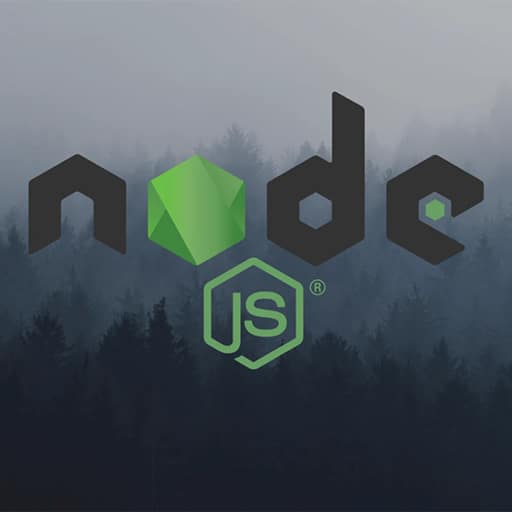
When it comes to testing Node.js applications, there are several tools and techniques available that can help ensure the quality and reliability of your code. Here are some of the commonly used ones:
1. Testing frameworks: There are several testing frameworks available for Node.js, such as Mocha, Jest, and Jasmine. These frameworks provide a structure for organizing and running tests, as well as various assertion libraries for making assertions about the behavior of your code.
2. Assertion libraries: Assertion libraries like Chai and Should.js provide a set of functions and methods for making assertions in your tests. These libraries make it easy to check if certain conditions are met and to verify the expected behavior of your code.
3. Mocking libraries: Mocking libraries like Sinon.js and Nock allow you to create mock objects or simulate certain behaviors in order to isolate and test specific parts of your code. These libraries are particularly useful when testing code that relies on external dependencies or services.
4. Code coverage tools: Code coverage tools like Istanbul and nyc help you measure the extent to which your code is being tested. They provide reports that show which parts of your code are covered by tests and which parts are not, helping you identify areas that need more testing.
5. Continuous Integration (CI) tools: CI tools like Jenkins, Travis CI, and CircleCI can be used to automate the testing process. These tools can be configured to run your tests automatically whenever changes are made to your codebase, ensuring that any issues are caught early on.
6. Integration testing: In addition to unit testing, it’s important to also perform integration testing to ensure that different components of your application work together correctly. Tools like Supertest and Superagent can be used to make HTTP requests and test the behavior of your API endpoints.
7. Load testing: Load testing tools like Artillery and Apache JMeter can be used to simulate high traffic scenarios and test the performance and scalability of your Node.js application. These tools help you identify any bottlenecks or performance issues that may arise under heavy load.
8. Test-driven development (TDD): TDD is a development approach where tests are written before the actual code. This technique helps ensure that your code is thoroughly tested and that it meets the desired requirements. TDD can be implemented using any of the testing frameworks mentioned earlier.
By using these tools and techniques, you can effectively test your Node.js applications and ensure that they are robust, reliable, and performant.